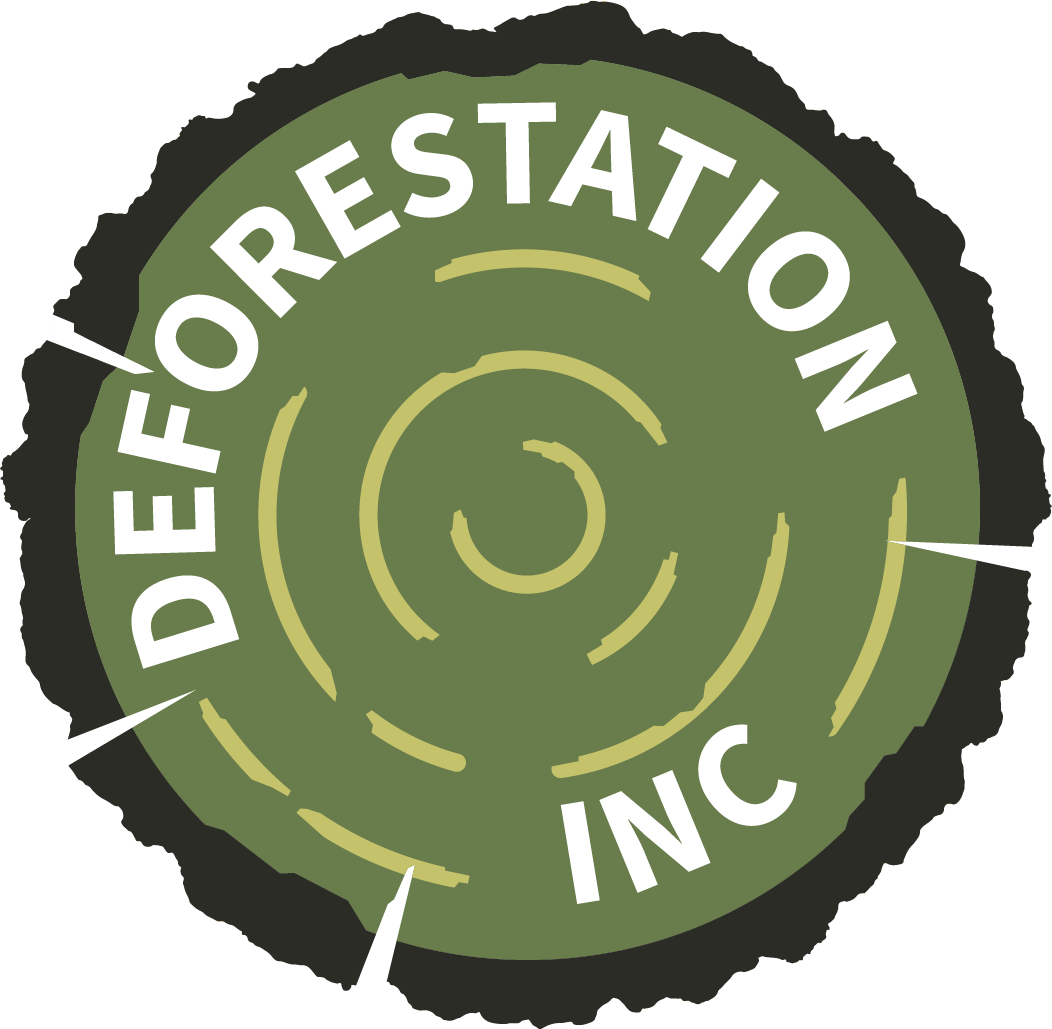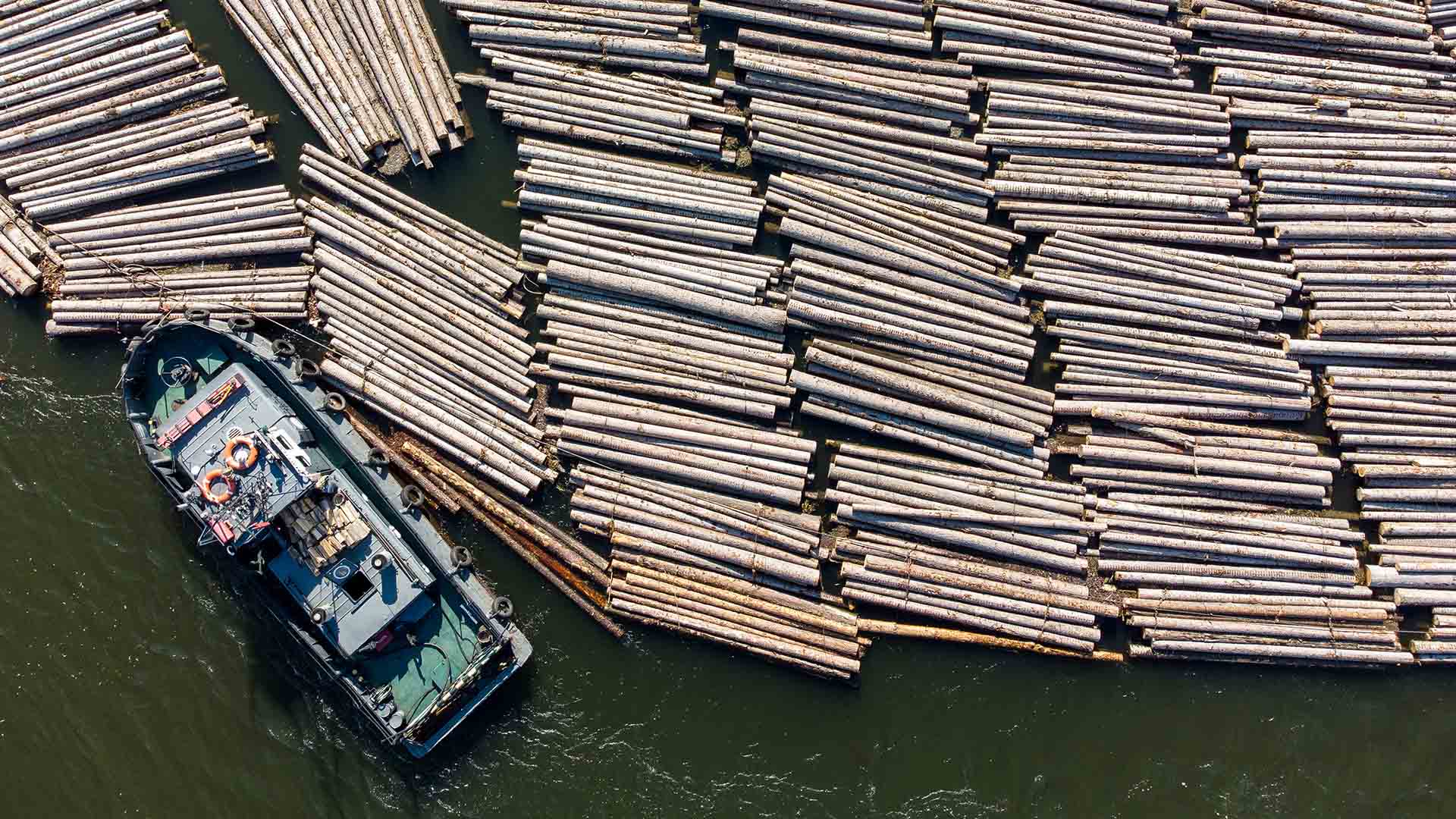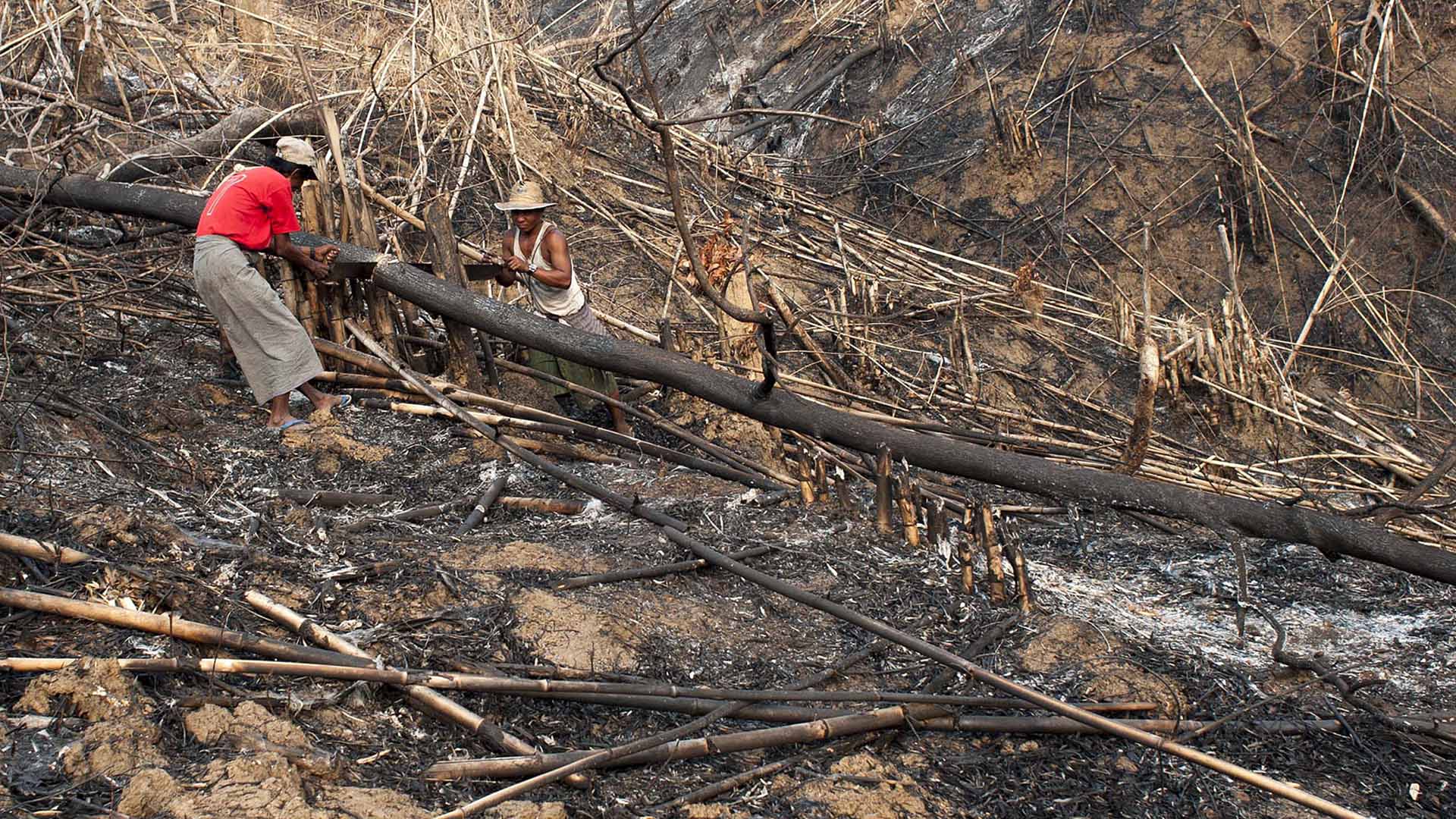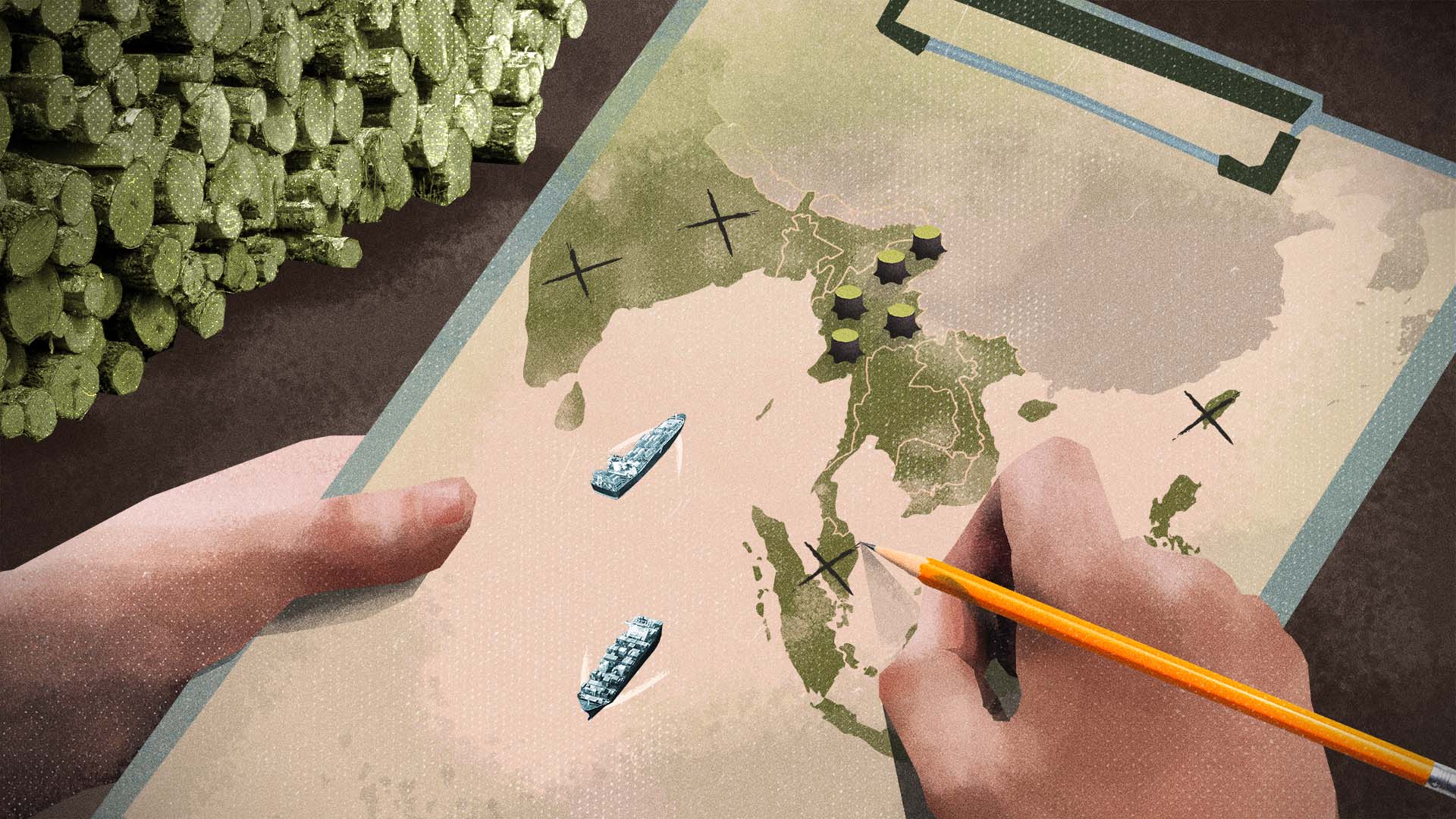PARTNER STORIES
EU efforts to slow the influx of illegal Russian timber marred by poor enforcement
ICIJ partners in Europe report that, a year after Deforestation Inc., regulators are struggling to uphold sanctions on Russia’s massive forestry industry.
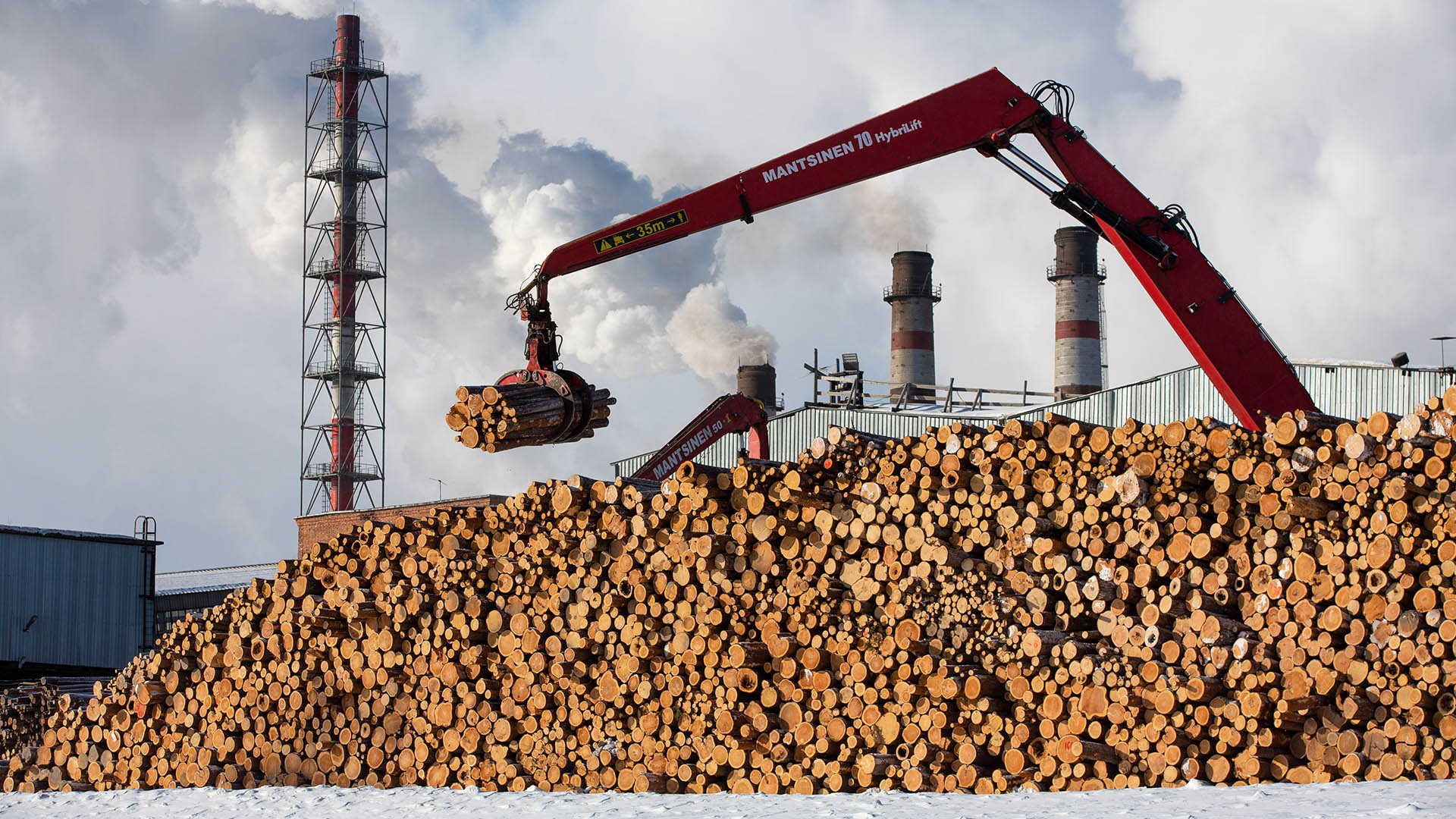
Tons of Russian timber continue to illegally flow into the European market as countries struggle to enforce war-related sanctions, ICIJ partners in Europe have found, a year after ICIJ’s Deforestation Inc. investigation exposed deep flaws in the regulation of the forest products industry.
The cross-border probe, led by ICIJ and first published in March 2023, involved 44 media partners globally and documented how Western environmental auditing firms and governments failed to stop the trade of wood logged in conflict zones.
In Russia, the state owns the country’s massive forests, and several oligarchs with close ties to the Kremlin own Russia’s largest timber companies. After Putin’s 2022 invasion of Ukraine, the European Union embargoed Russian timber from entering the EU in a bid to stem funds for the war effort.
Despite these sanctions, ICIJ’s Belgian partners De Tijd and Knack last week reported that tons of Russian timber continue to flow into the country, according to Belgium’s Federal Public Environment Service.
The findings supported a June investigation from ICIJ partners Paper Trail Media, Der Spiegel, ZDF and others that similarly revealed how Russian timber continued to circumvent the EU’s embargo, making its way into the bloc by routing through countries like China, Turkey, Kazakhstan and Kyrgyzstan.
De Tijd and Knack’s reporting echoed stories from other ICIJ partners in Europe that found national regulators in Europe were often understaffed and under-resourced in their efforts to enforce EU sanctions and anti-deforestation regulations.
In March 2023, before the initial publication of Deforestation Inc., Belgian’s federal environmental ministry told ICIJ partners it would need 22 inspectors to comply with new inspection rates imposed by the EU. A year later, Knack and De Tijd report, fewer than 4 full-time inspectors are working on the European Timber Regulation in Belgium.
‘Turning a blind eye’ to conflict-linked timber
Several EU member states – like Poland, Italy and Spain – also continue to see millions of dollars worth of teak imports from Myanmar. The trade continued even after the EU imposed sanctions on the Myanmar state firm with a monopoly on timber production, and long after a European panel of experts recommended a ban on all trade in Myanmar timber due to illegal logging concerns.
ICIJ’s German media partner NDR reported that a year ago, the EU commission claimed to be in “active dialogue” with countries that hadn’t been able to implement the sanctions, while emphasizing that member states bear the responsibility for implementing adopted guidelines at the national level.
But activists and officials calling for stricter regulation, like trade committee chairman and SPD member of European Parliament Bernd Lange, told NDR those efforts are not enough, calling for tighter wording and infringement proceedings against countries that have continued imports from Myanmar.
“If it can be proven that European legislation has been disregarded, then of course the Commission should investigate,” Lange told NDR. “If there really are individual countries that are deliberately turning a blind eye, then you have to take action against them with an investigation process, including an infringement action.”
A new EU deforestation regulation, set to take effect at the end of December, further targets products linked to deforestation, like palm oil, rubber, wood, coffee and other raw materials. The new directive boosts penalties for violations, and requires member states to undertake a steep increase in the number of checks made on imports and companies behind them, NDR reports.
But ICIJ partners in Germany, Romania and Austria found that at this rate, those new standards may continue to fall short without a boost in staff to enforce them.
